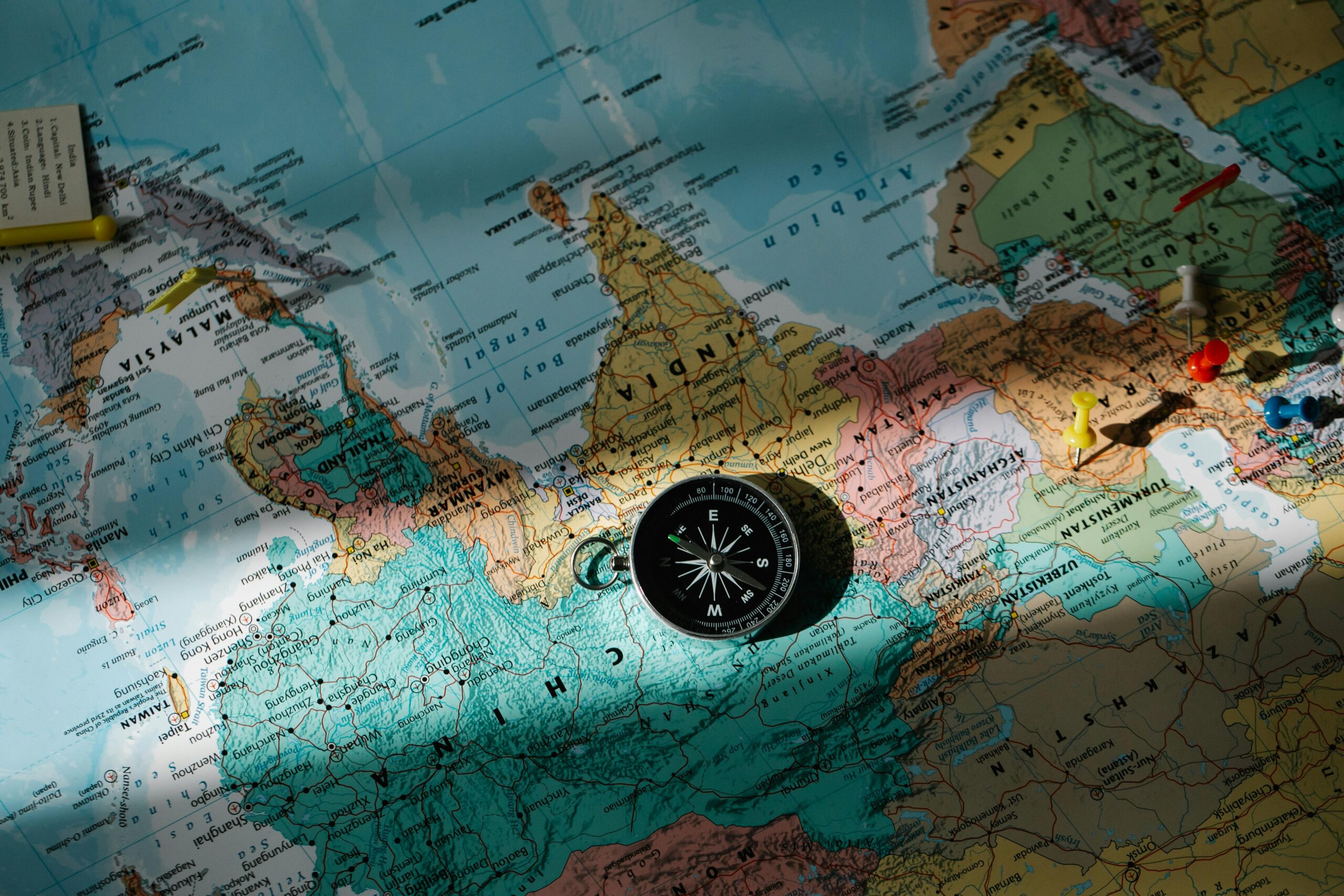
The idea of a world without wars is a captivating one, prompting a range of emotions and reflections on what the world could be like if violence and conflict were eradicated. Wars have shaped human history for millennia, influencing politics, economies, and cultures. While the notion of a peaceful world free from wars seems like an idyllic dream, imagining such a world allows us to reflect on the broader implications it would have on societies, economies, and individuals.

The End of Global Conflicts: A Shift in Priorities
In a world without wars, one of the first noticeable changes would be the redirection of global priorities. Instead of military expenditures and the preparation for conflict, nations would likely turn their focus to more constructive and cooperative endeavors. Resources that are currently allocated to military spending could be re-directed to areas such as healthcare, education, environmental conservation, and technological innovation. These shifts could dramatically change the quality of life for billions of people around the world.
The absence of war would also foster a stronger emphasis on diplomacy, negotiation, and peaceful resolution of disputes. The international community would likely create more robust and effective mechanisms for conflict prevention, emphasizing dialogue and mutual understanding over confrontation. International organizations like the United Nations, along with regional peacekeeping bodies, would play a critical role in maintaining peace through cooperative efforts rather than conflict.
Economic Transformation: A Shift Toward Development
War is often expensive and destructive, leaving countries to rebuild their economies after conflicts end. In a world without wars, the economic landscape would be drastically altered. The money and resources that are currently spent on defense and military operations could instead be invested in improving infrastructure, enhancing social services, and supporting sustainable development. The global economy would likely experience a significant boost as governments focus on fostering innovation, reducing poverty, and addressing income inequality.
Without the looming threat of war, nations might also be able to invest in long-term strategies for addressing climate change, which often gets sidelined in times of conflict. The global efforts to create green energy solutions, protect biodiversity, and mitigate the impact of global warming would become far more urgent and effective without the distraction of military buildup.
Additionally, industries that thrive in times of war, such as arms manufacturing, would see a significant downturn. This could lead to a transition into industries centered around peace-building, humanitarian aid, and conflict resolution, fostering new forms of employment and global collaboration.
Social and Cultural Shifts: A World Focused on Cooperation
The absence of war would bring about profound changes in societal values and cultural outlooks. Historically, war has shaped national identities and created narratives of heroism, sacrifice, and collective struggle. A world without war would require societies to redefine these concepts. Countries might shift their focus from nationalistic pride to global cooperation, emphasizing the common good over individual national interests.
In this new world, global citizenship could take on a more prominent role, as people begin to see themselves as part of a collective human community rather than simply as members of nation-states. This shift could lead to a greater sense of unity and shared responsibility for the well-being of all, leading to enhanced cultural exchange, the free flow of ideas, and the breaking down of barriers between nations.
Moreover, the mental and emotional toll of war, which affects millions of people through trauma, loss, and displacement, would no longer be a constant shadow over societies. The absence of war would reduce the number of refugees, the devastation of families, and the scars of battle that linger long after a conflict ends. People who were once forced to flee their homes due to war might be able to live in stable environments, contributing to vibrant, growing communities.
Political Realignments: The Rise of New Power Dynamics
Politically, the world without war would likely see a redistribution of power among nations. Countries that have historically benefited from military dominance and the ability to project power might lose some of their global influence, while smaller and more peaceful nations could rise in stature. The focus of international politics would shift from military alliances and power struggles to trade agreements, cultural partnerships, and collaborative projects that benefit all parties.
In the absence of wars, some regional conflicts that have plagued countries for decades could be resolved through diplomatic means. The Middle East, for instance, which has been a flashpoint for conflict for much of modern history, could experience greater stability if countries chose cooperation over warfare. Similarly, longstanding territorial disputes in regions like the South China Sea or the Kashmir region might be resolved peacefully, fostering international cooperation instead of rivalry.
The reduction in war-driven nationalism could also lead to the rise of global governance structures that prioritize universal human rights and shared responsibilities, rather than national sovereignty. These new global organizations might better represent the interests of all people and advocate for long-term peace and prosperity.
The Human Cost: A Legacy of Peace
The human cost of war is immeasurable. It is estimated that more than 100 million people have died in wars throughout history, not to mention the countless others who have been wounded, displaced, or traumatized. In a world without war, this loss of life and suffering would be avoided. This would allow for greater global stability and emotional well-being, especially for those who have long borne the scars of violence.
Without war, fewer children would grow up in refugee camps, in war-torn cities, or as victims of forced recruitment into militias. People across the world would have a better chance at leading fulfilling, peaceful lives, pursuing education, building careers, and creating families without the constant threat of violence hanging over them. A generation of children who have not witnessed or experienced war would grow up with a mindset that prioritizes peace and reconciliation.
Moreover, the ripple effects of war on mental health could be dramatically reduced. War veterans, civilians in conflict zones, and survivors of violence often face significant psychological challenges, including post-traumatic stress disorder (PTSD). In a world free of war, mental health challenges related to trauma could decrease, leading to stronger, healthier communities and individuals.
The Role of Technology and Innovation in a Peaceful World
Technological advancements are often accelerated by the needs of war. The development of the internet, medical innovations, and space exploration all have roots in military research. Without the pressures of conflict, we could see a redirection of technological efforts toward solving global problems, such as hunger, disease, and environmental degradation.
The absence of war might allow humanity to focus more on scientific collaboration across borders, leading to breakthroughs in renewable energy, medicine, and space exploration. We could see a rise in innovations that directly improve the quality of life for people worldwide, with more collaborative global partnerships in science, technology, and culture.
A Dream Within Reach?
The idea of a world without war is not merely a utopian fantasy; it’s a possibility that we should strive toward. While conflicts may always arise due to human nature and differing interests, the absence of war would radically transform our world in ways that could enhance the lives of billions. A shift in global priorities, a reimagined economy, cultural cooperation, political realignments, and the saving of countless human lives are just some of the benefits a peaceful world could bring.
While achieving a world without war may seem like an impossible goal, the first step is recognizing its potential and striving toward it. Governments, organizations, and individuals all have a role to play in creating a future where peace prevails over conflict. It is an ideal worth pursuing—not just as a dream but as a tangible, achievable vision for future generations.






